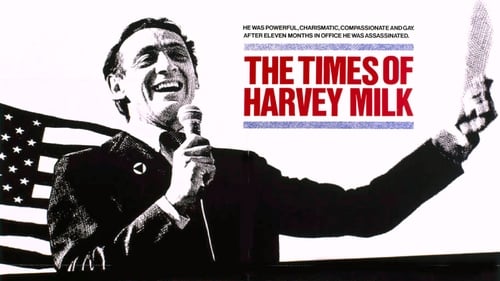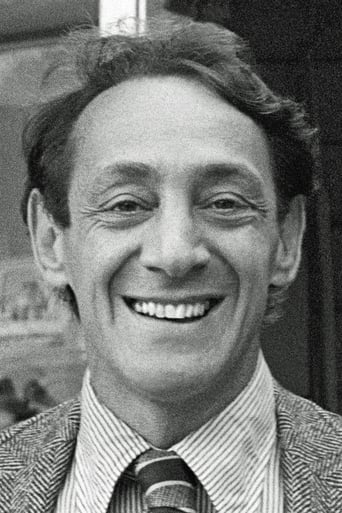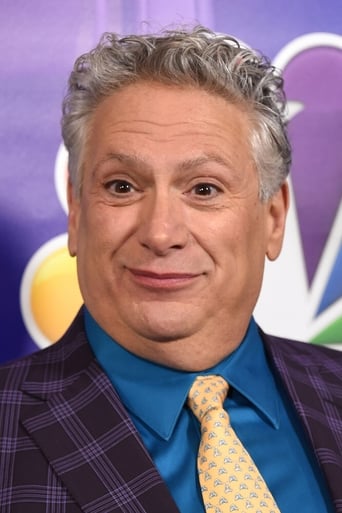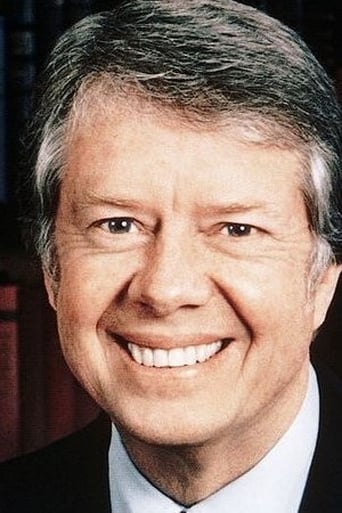GamerTab
That was an excellent one.
Dorathen
Better Late Then Never
ChicDragon
It's a mild crowd pleaser for people who are exhausted by blockbusters.
Yazmin
Close shines in drama with strong language, adult themes.
merrittcrocker
'The Time of Harvey Milk' is not your typical assassination story. There isn't any espionage or sniper rifles or masterfully calculated plot devices. The story is far too... real. Harvey Milk is ultimately just a normal person. I use the word normal because Harvey Milk is just so relatable and was relatively unknown until this doc won an academy award and more recently Sean Penn took on the man's inspirational story. There are so many examples of honest-to-god humanity in this doc: the virtue of persistence, the struggle between peace and violence, the importance of self expression. The assassination itself is complex and becomes less about the killing and more about the system within which it takes place. With all of the gay politics and progress taking place in the 21st century, this story still rings poignantly true and casts an empowering glow for those still struggling. Pop it in your disc drive and see for yourself.
jm10525
In fact, I don't like documentary film. However, I must say I was impressed by his status after I watched this film. He was a politician and a gay. In my opinion, he is a courageous man. He did not care who he was. He still strove for gay rights and for his dream. He just wanted to do himself. His deeds were not for fame, not for money. He just wanted everyone could treat them as ordinary people. In that times, you would be excluded when you did something different. In addition, people couldn't accept new concept easily. But he did not care what the mass thought about. It is hard to do that. If I were him, I would not do that, and I would take myself as an ordinary person. I think his spirit also stay in your mind. He is really a courageous man.
teresa7533
When I saw this movie, I think what an optimistic person he was. The murderer's sentence was five years in the jail but it was not enough. Can I kill someone and say I don't mean it? What a ridiculous judgement! If killing people is not on purpose, the murder can be free from the jail?! Why did this judge make a disappointed sentence? Did he think about those people who was killed by the murderers and let the murderers avoid from the jail just because the murderers had great pressure or mental disorder? How dare the judge? Is there any justice in the world? This sentence is too lenient to accept. It's incredible!How I wish if there is another chance, the judge can do the right sentence!
jzappa
Harvey Milk was too good to be true, too unaffected as a debater, too approving of silliness, too capable of laughing at himself, too serious about equality, too angry about inequality, to endure on this plain of existence as a leader. Time has thanked his bravery in running for the San Francisco Board of Supervisors and becoming California's first openly gay public official. Why was that so brave? Because that conquest may well have been at his own peril.Rob Epstein's Oscar-winning documentary illustrates the life and death of not only Milk but odd one out Mayor George Moscone, who both were killed by Dan White, one of Milk's fellow supervisors. It also depicts the political and social atmosphere in San Francisco, which throughout the 1960s and '70s began to be a magnet for emergent quantities of gays owing to its customarily accommodating viewpoint. Milk was one of them, and in old photographs we see him in his beatnik days before he ultimately shaved and opened a camera store in the Castro District. It was from Castro that Milk ran for office and was beaten three times before at long last winning in the same election that placed the first man of Chinese extraction, the first black woman, and the first declared feminist on the board. Milk was a virtuoso self- promoter, and this Harvey Fierstein-narrated opus embraces first-rate TV news footage showing him campaigning on such matters as people not picking up their dogs' poop, and stepping, with accurate measure, into a tactically located pile of such at the culmination of the interview.There is a whole heap of great footage of Milk, Moscone, and White, who disliked gay people. It is interspersed with later interviews with many of Milk's loyal comrades, including a seasoned leftist who confesses that he was bigoted against gays until he met Milk and began to appreciate the political concerns implicated. There is immeasurably touching, volume- speaking footage of the two demonstrations motivated by the deaths of Milk and Moscone: a noiseless, candle-lit procession of 45,000 people on the night of their deaths, and an outraged night of rioting when White got what a compassionate sentence.This is an enthralling piece, as the light it casts on a decade in the life of a great American city and on the lives of Milk and Moscone, who made it a better, and unquestionably more appealing, location to live.








